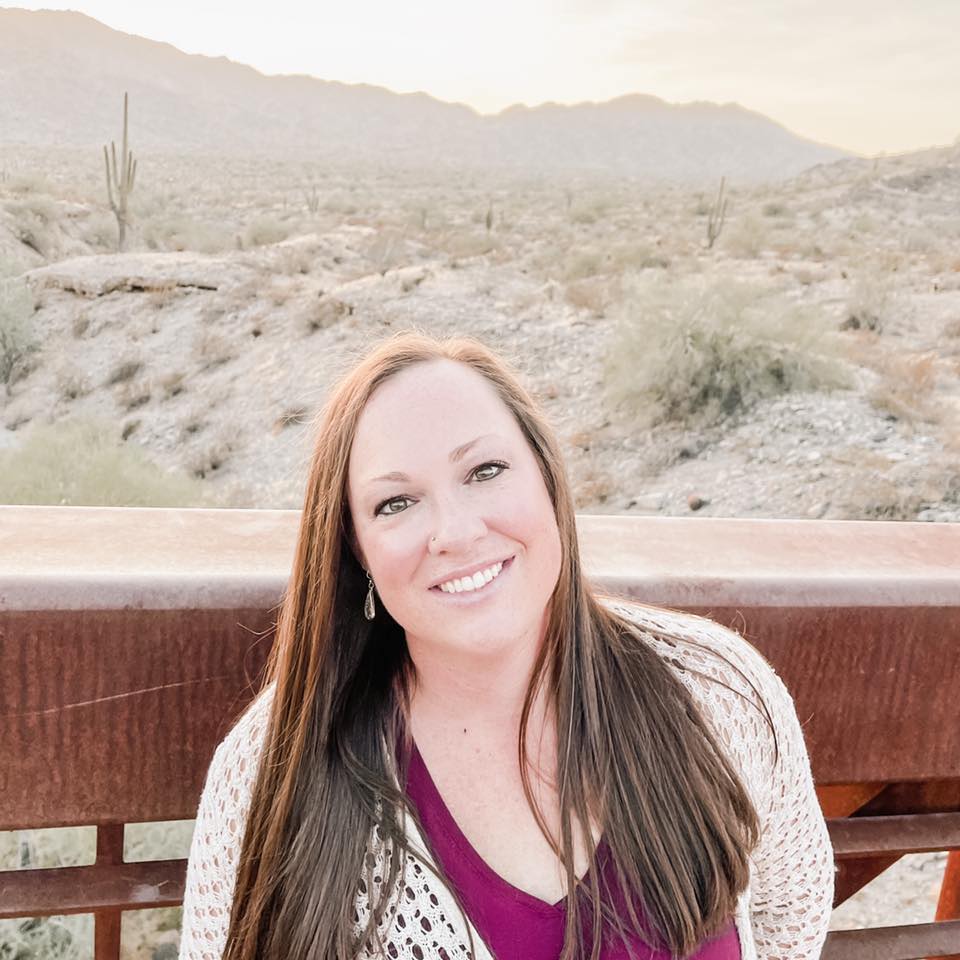|
Today let’s talk about self-care. What is self-care? If I polled 100 people, I am sure many would say chocolate, bubble baths, working out or sleeping. Self-care has all kinds of stigma and beliefs around it. Some people see it as selfish and something to be denied. Others see it as an excuse to over indulge. The reality is self-care is not selfish but is also not an excuse to over indulge.
Instead, self-care is a time to take for yourself to recharge and reset so that you can show up well for yourself and those around you. Now, let’s be real. Self-care is not always fun or enjoyable but the end result is beneficial. Take therapy for example. Therapy is hard work and requires a lot of discomfort; however, the end result is healing that allows up to be better. The process is difficult when engaging in self-reflection and growth but the outcome is more regulated emotions, better ability to deal with conflict and resilience. Or going to the dermatologist. It is not the highlight of my week but it is a necessity. As someone who has had multiple areas of skin cancer removed, this is an act of self-love to take the time to get checked out and get those areas removed. Now, not all self-care is hard. There should be things built in our day that are easy and help us recharge. For instance, burning a candle in my kitchen is an act of self-care because seeing the flickering of the flame and smelling the scent of the candle is a reminder to take a deep breath. Using my favorite coffee mug while taking a drink makes me happy. These are small bursts of self-care built into my day. Self-care is also getting a pedicure, taking a shower without interruption and spending 10 minutes every morning in my daily quiet time. What are some ways that you practice self-care each day? Remember, it doesn’t have to be big and it isn’t always fun but the end result is recharging and being reset so you can show up in your life the way you want to be.
0 Comments
Okay, so if you have been reading this blog you know we talk a LOT about boundaries. Let’s take a different angle to today and talk about what boundaries are NOT.
Let’s start with the basics. Boundaries are a set of expectations around our interactions with ourselves and others. So what are boundaries not? Boundaries are not manipulation, control or preferences. Let’s jump into each one. #1: Boundaries are not manipulation. Boundaries are not about trying to change the other person, their actions or beliefs. Boundaries are not about cleaning up the other person’s side of the street but they are about keeping our side of the street clean. For instance, if someone sets a “boundary” that is intended to alter the other’s person’s behavior, that is not actually a boundary. So, if I set a “boundary” with my husband that he cannot go out to dinner because he needs to help with the kids, my motive is changing him. However, if I set a “boundary” that I need equal co-parenting to function well and set examples around that, that is me advocating for my needs and communicating them. If my spouse can’t meet them or chooses not to, then I take action to get my needs met. See the difference between putting the responsibility on him in the first example versus taking responsibility for myself and life in the second example? #2: Boundaries are not control. When we set boundaries to try to control the situation or the relationship, they are not actually boundaries. While we may have good motives by trying to control, control is actually an illusion and it negatively impacts relationships. Let’s look at the difference between healthy boundaries and control. If I set a “boundary” with my friend that she cannot drink around me because she is obnoxious, that is trying to control her. However, if I set a “boundary” that I will leave the area if my friend drinks, that is about me and my role in the dysfunction. See the difference? #3: Boundaries are not preferences. Let’s talk about the differences between boundaries and preferences. Boundaries are about NEEDS and preferences are about WANTS. Why do we need the distinction? Because boundaries are concrete areas with little wiggle room and are something worth fighting for to ensure. However, preferences are about desires but not something worth losing relationships or fighting for until you get it (though some may require a bit of a fight). So, now you should have a good idea about what boundaries are not. Want to explore more about what boundaries are? Check out the below blog posts or better yet, sign up for the boundaries course here. 4 Common Fears When Setting Boundaries 5 Signs You May Have Boundary Issues How To Identify Boundaries Let’s face it, sometimes boundaries don’t feel good. They can be downright uncomfortable and awkward. However, that doesn’t mean that they aren’t needed.
So, let’s take a look at five signs of healthy boundaries. First, your relationships don’t suck. When you have healthy relationships, the relationships are not filled with strife and resentment because each party has set boundaries to make sure their needs are taken care and they feel respected and honored in the relationship. They speak their truth and when strife does occur, they share about it before it festers and comes out sideways. Second, you feel empowered to speak your truth, even if it may upset others. You aren’t malicious about it but you are assertive in setting boundaries to protect yourself because you know you are taking action to protect yourself, not be manipulate or control others. Your focused on keeping your side of the street clean but not trying to jump on anyone else’s side. Third, your boundaries stem from self-love. You love yourself and so you want to show up well in your life and in your relationships and that is demonstrated in your boundaries. Each boundary you set is a reflection of how you view your worth and value as well as your desire to be healthy. You set boundaries to grow and develop into the person you want to be and have the relationships you want to have. Fourth, you have moderation and balance in your life. When you set healthy boundaries, you do not take on too much, your no means no and you take time for self-care. You are not overextended, overwhelmed or overworked. You take time to refuel yourself, practice self-care and feel at peace when you say no because you know that you were doing what you needed to do. Fifth, you have more energy. When you set and maintain healthy boundaries, you have energy for what is important and do not take on what is not important. You have the mental capacity to focus on priorities and are not distracted by things that are not in line with your priorities and values. I don’t know about you but when I read those signs, I feel excited. I want those benefits in my life and so I will put in the work to set and maintain boundaries so that I can reap the advantages boundaries provide. Struggle with boundaries, take this course now so you can start reaping the benefits now! |
AboutJocelyn is a Licensed Professional Counselor and course creator who desires to help clients heal and grow into who God created them to be. Archives
August 2022
Categories
All
|
|
Providing holistic mental health
counseling to help you find healing and live courageously. |
© 2023 Courageous Living. All rights reserved.


 RSS Feed
RSS Feed
